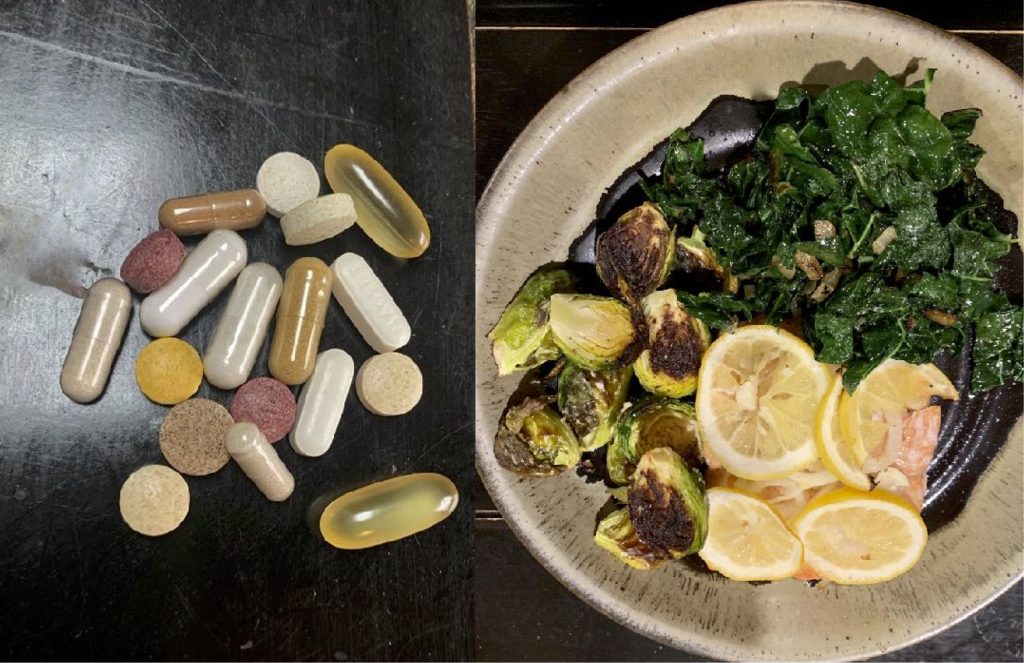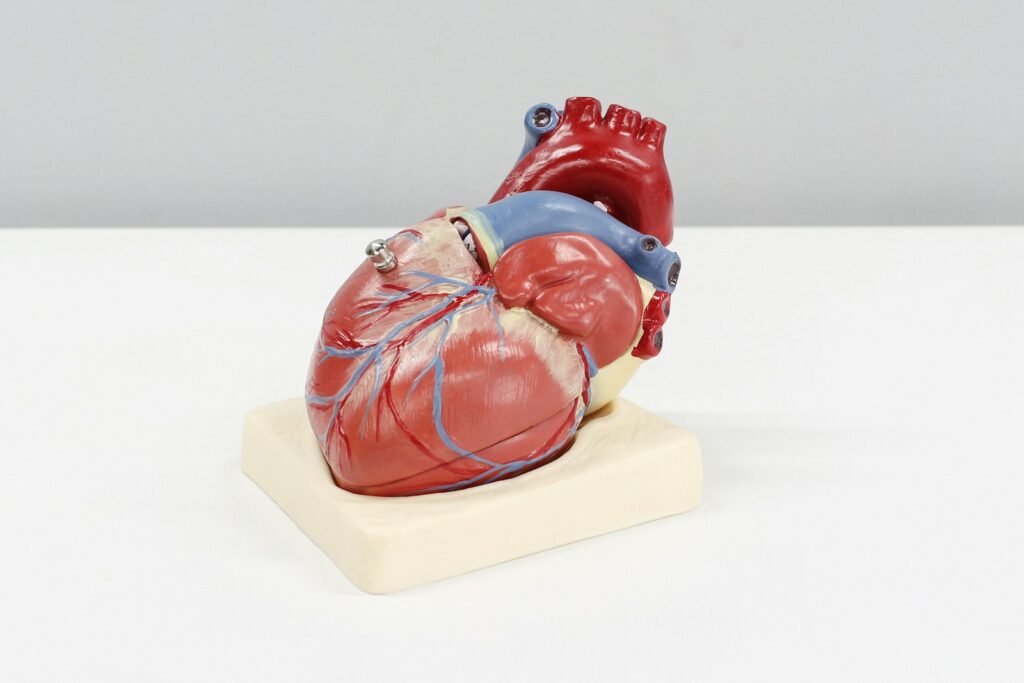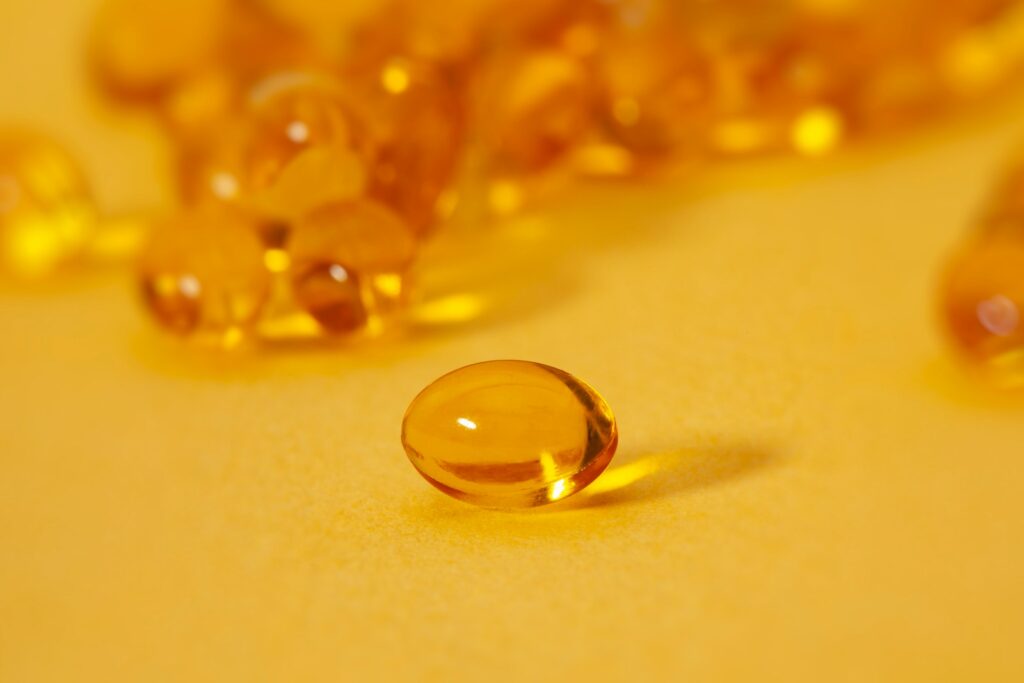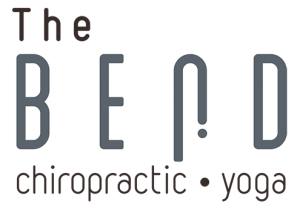Vitamin D

The Importance of Vitamin D
What is Vitamin D?
Vitamin D is an essential fat-soluble vitamin that is found in dietary sources, such as fish, eggs, and fortified milk. It is also made in the skin during brief exposure to sunlight. It is a common deficiency and should be routinely tested.
The main function of vitamin D is to regulate serum calcium and phosphorus concentrations. Vitamin D enhances the efficiency of the intestinal absorption of calcium and phosphorus.
Vitamin D Deficiency
Vitamin D insufficiency, based on blood levels of <20 ng/mL, is common in the northern latitudes such as Canada and the northern half of the US. Prevalence of vitamin D insufficient and/or deficient young healthy people appears to be increasing, possibly because of excessive use of sunscreens.
Vitamin D deficiency causes muscle pain and muscle weakness with symptoms such as sensation of heaviness in the legs, rapid fatigue, and problems with climbing stairs and getting up from a chair.


Why is Vitamin D so important?
Since vitamin D is important for calcium balance and for bone health, it is used to help prevent osteoporosis. Vitamin D may prevent falls by increasing muscle strength and neuromuscular function in addition to strengthening bone.
There is some epidemiological evidence that people with vitamin deficiency might be at an increased rate of colon, breast, and prostate cancer. Other evidence suggests that higher serum levels of vit D are associated with a decreased risk of cancer. Some researchers think vitamin D might have antiproliferative effects in these cancers.
Vitamin D & Cardiovascular Disease
Vitamin D is also thought to play a role in cardiovascular disease by affecting inflammatory mediators. Vitamin D might also decrease cardiac and vascular remodeling.
Vitamin D may have immunologic activity. In models of autoimmune disease, vitamin D seems to act as an immunosuppressant. This might explain why increased vitamin D intake is associated with a lower risk of Rheumatoid Arthritis and other autoimmune diseases.
Some evidence suggests vitamin D supplementation during infancy might prevent the development of type 1 diabetes later on in life.
There is interest in using vitamin D for improving respiratory disorders. Epidemiological evidence suggests that vitamin D serum levels are associated with pulmonary function. People with higher levels seem to have greater pulmonary function. It is theorized that vitamin D might be involved in remodeling of lung tissue. It may also improve lung function by decreasing immune-mediated inflammation in the airway.


Testing and dosage
Prior to use get your vitamin D tested. This can be done through your primary care physician or in our office.
Dosage should be based on your current level. For those that are low it is important to load the system and re-test. Supplementation and vitamin D shots are the best way to load vitamin D and the dosage can be determined by your physician.
Too many people assume they are taking enough vitamin D when in fact they are not. Because of diet and reduced sunlight exposure often 1000-4000 IU’s is not enough to maintain adequate levels.
Vitamin D can be taken with or without food. When consumed with a low-fat meal, absorption of vitamin D is up to 20% higher than when consumed with a high-fat meal or no meal.
Vitamin D intoxication can occur when vitamin D supplements are taken in excessive doses. Symptoms of vitamin D toxicity include hypercalcemia, azotemia, and anemia. Other symptoms include osteoporosis in adults, decreased growth in children, weight loss, pancreatitis, and seizures.
TRC- Natural Medicines. (2021, February 24). Vitamin D. Retrieved April 01, 2021, from https://naturalmedicines-therapeuticresearch-com.ezproxy.nwhealth.edu:2443/databases/food,-herbs-supplements/professional.aspx?productid=929.

